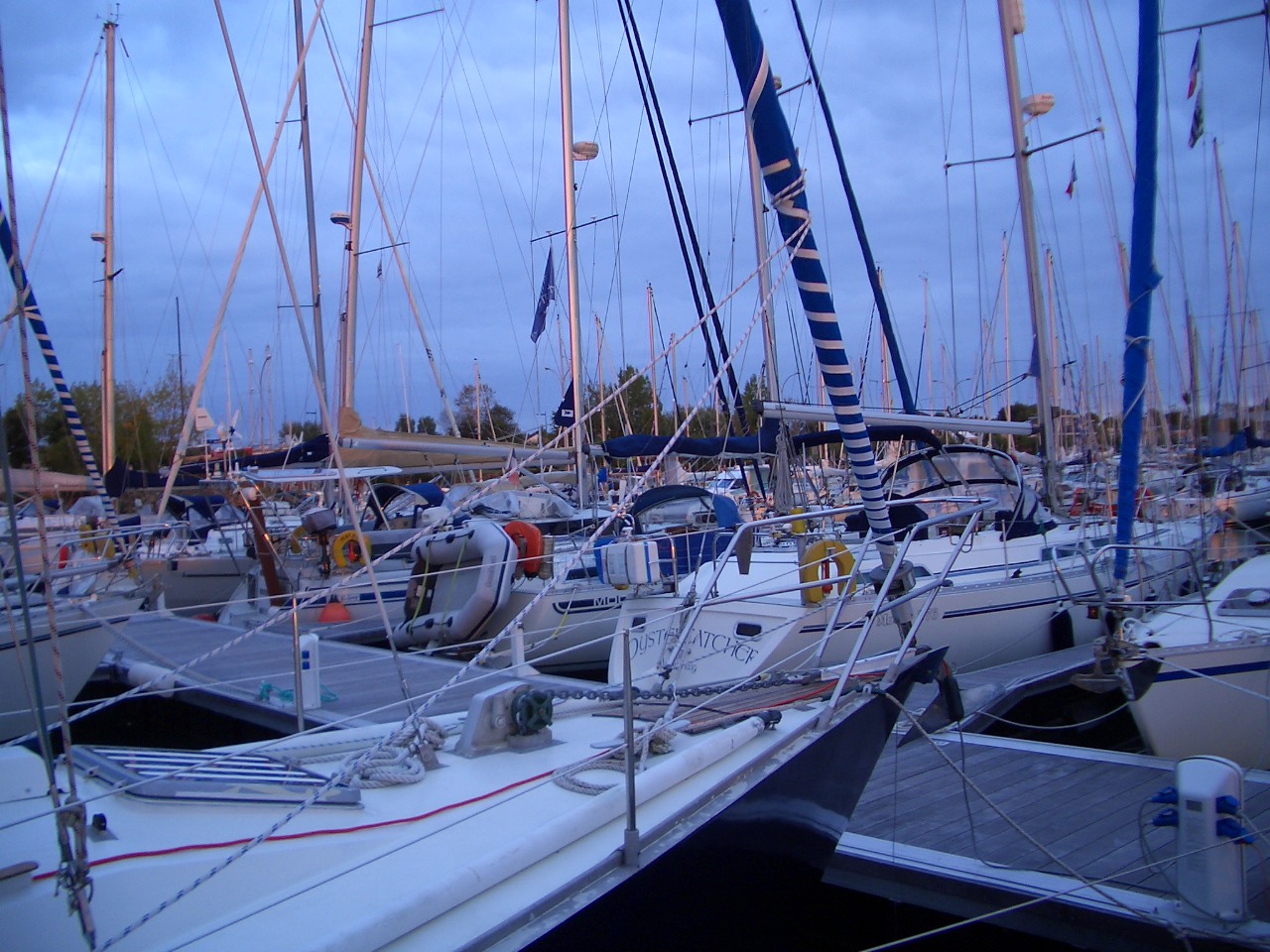Details may have been altered to maintain the anonymity of my clients.
Being an observer of your world is not simply about what you see. The term as used here refers more broadly to how you engage with your world; whether it be your workplace, your family or other social relationships.
How you observe is a function of what you have learned. And what you have learned becomes a conditioned tendency if you practise it frequently. It is then unconscious to you. In workplaces this is often referred to as “the way we do things round here”. The original reason or need for a process or procedure may no longer exist, yet employees still carry it out in the same way.
A client was acting in the role of the recently departed Financial Director and was in the running to become the next FD. He was working late into the night and on weekends to put together the tables, graphs and figures for a presentation to the board. He felt guilty about all the hours he spent away from home and the activities he was missing with his wife and kids. He was overwhelmed and yet he was eager to get the promotion.
I was curious about the information that was required, who had requested it, how it would be used, did it have to be supplied at that presentation or could queries be tabled etc. As we explored such questions my client became aware that he was supplying so much information simply because his predecessor did so. There was neither a clear need nor request for such depth of information. It became evident that his predecessor lacked confidence. He wanted all the information at hand “just in case”. He didn’t want to be seen as not knowing something. Our exploration also exposed my client’s fear of “rocking the boat” and hence risking not getting the role.
……..To be continued
I invite you to send me a reply below or give me a call to discuss on UK +44 (0) 20 7226 3611 or +44 (0) 7952 068133

